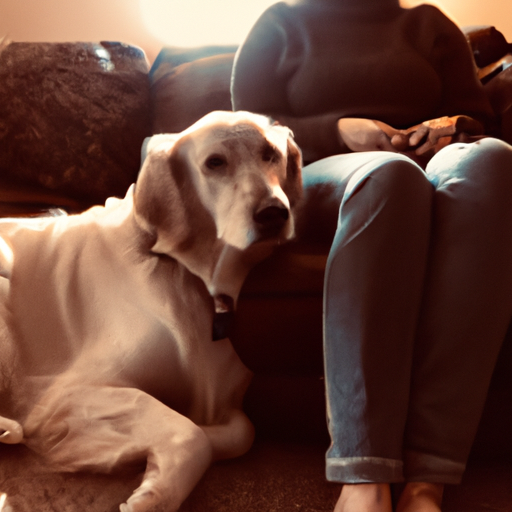“`
Do Dogs Know When You’re Sad?
Understanding Your Dog’s Emotional Intelligence
Your canine companion may be more emotionally attuned to you than you think. Dogs, being social animals with a long history of human companionship, have developed a keen sense of understanding human emotions. This understanding goes beyond just recognizing your voice or physical cues. Dogs have the remarkable ability to pick up on subtle changes in your mood, including when you’re feeling down.
The Science Behind Canine Empathy
Research provides compelling evidence of dogs’ emotional intelligence. Studies show that dogs can read human emotions through facial expressions and body language. They can even understand human emotions by the tone of our voice.
Here’s a table to illustrate some ways dogs might react to human emotions:
| Human Emotion | Possible Dog Reaction |
|---|---|
| Happiness | Excitement, Playfulness |
| Sadness | Calmness, Cuddling |
| Anger | Fear, Avoidance |
| Fear | Anxiety, Protectiveness |
How Dogs React to Your Sadness
When you’re sad, your dog may exhibit behaviors that indicate their understanding and empathy. They might become more subdued, stick closer to your side, or try to comfort you with nudges and licks. Some dogs might even bring you their favorite toy in an attempt to cheer you up.
- Increased cuddling or physical closeness
- Quieter or more subdued behavior
- Attempts to distract or entertain you
Supporting Your Dog’s Emotional Health
Just as they’re attuned to your emotions, your dog’s emotional health is crucial for their overall well-being. Here are ways to support it:
- Regular exercise and playtime to stimulate their mind and body
- Consistent training to provide structure and enhance communication
- Plenty of social interaction with both humans and other dogs
- A balanced diet and regular vet check-ups to maintain physical health
FAQs
Q: Can dogs sense other emotions besides sadness?
A: Yes, research suggests dogs can sense a range of human emotions including joy, fear, and anger.
Q: How can I help my dog understand my emotions better?
A: Consistent training, socialization, and spending quality time can enhance your dog’s ability to understand your emotions.
Q: Can my emotions affect my dog’s behavior?
A: Yes, dogs often mirror their owner’s emotions. Chronic stress or sadness in an owner can potentially lead to similar behavior in their dog.
“`



